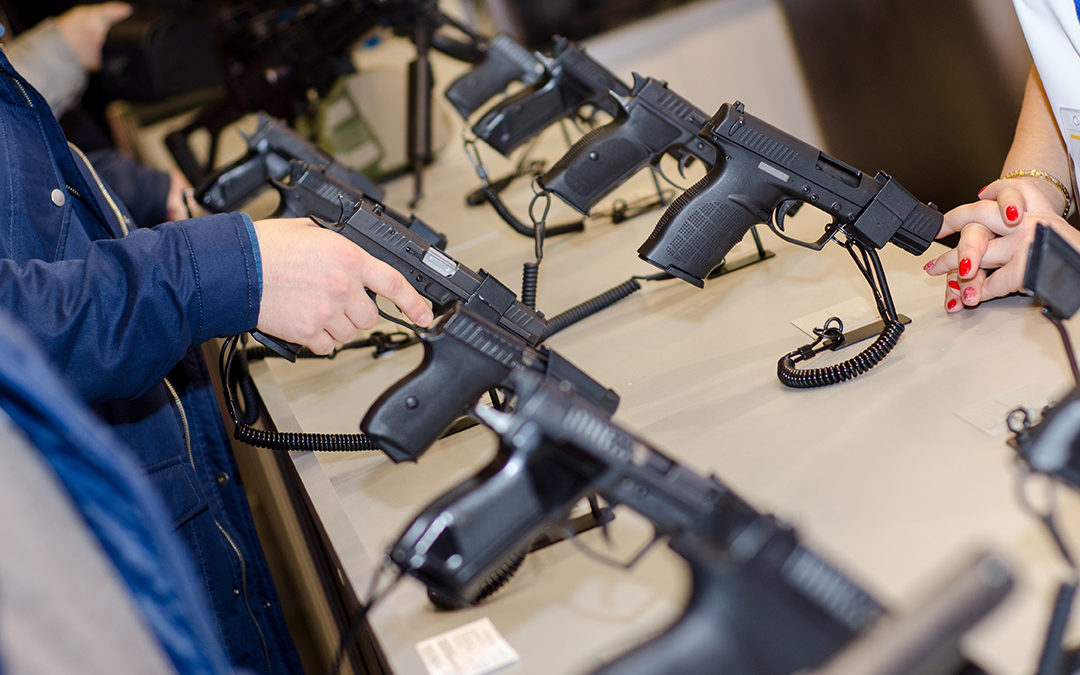To understand the importance of background checks in Pennsylvania firearm purchases, it is essential to look at the various regulations that govern gun ownership in the state. These checks aim to prevent firearms from falling into the wrong hands, thereby ensuring public safety.
Overview of Firearm Regulations in Pennsylvania
Both federal and state laws govern firearm purchases in Pennsylvania. While the Bureau of Alcohol, Tobacco, Firearms, and Explosives (ATF) handles federal regulations, Pennsylvania-specific laws add an extra layer of scrutiny. One critical resource for understanding these regulations is the Pennsylvania gun purchase guide, which provides detailed information about the steps involved in purchasing a firearm within the state.
Federal vs. State Laws
Federal regulations are primarily enforced by the ATF and include blanket requirements such as the National Instant Criminal Background Check System (NICS). In Pennsylvania, additional state laws mandate background checks for all firearm purchases, including private sales, making the process more thorough.
Historical Context
The evolution of firearm laws in Pennsylvania has seen several significant changes aimed at closing loopholes and enhancing public safety. Key legislative milestones include the enactment of laws post-2000s, which made background checks a mandatory part of both dealer and private gun sales.
The Background Check Process
National Instant Criminal Background Check System (NICS)
Operated by the FBI in partnership with the ATF, the NICS system is designed to provide quick and reliable background checks for firearm purchases across the United States. It cross-references various criminal databases to flag potential risks.
Pennsylvania State Police (PSP) Involvement
In Pennsylvania, the State Police play a crucial role in conducting these background checks. They ensure that every firearm purchase—whether through a dealer or privately—is thoroughly vetted. The PSP coordinates with federal systems to make sure that state-specific regulations are also met.
Importance of Background Checks in Gun Control
Preventing Firearm-Related Crimes
Background checks are vital for preventing firearms-related crimes. Statistics show a significant reduction in such crimes when stringent background checks are in place. These checks help to flag individuals with violent histories, thereby preventing potential incidents before they occur.
Enhancing Public Safety
There is a strong correlation between background checks and enhanced public safety. By ensuring that firearms do not fall into the hands of those with criminal intentions or severe mental health issues, background checks contribute significantly to community safety.
Legal Requirements for Background Checks in Pennsylvania
Dealer Responsibilities
In Pennsylvania, firearm dealers are required by law to perform background checks on all sales. The dealers must ensure compliance with both federal and state laws, and they are monitored for their adherence to these regulations.
Private Sales and Transfers
Unlike some states, Pennsylvania mandated background checks for private sales as well. This legal stipulation helps to close the “gun show loophole,” ensuring that even private transactions are subject to the same rigorous checks as those made through licensed dealers.
Key Stakeholders and Their Roles
Firearm Buyers and Sellers
Both buyers and sellers have legal obligations they must meet. Buyers need to pass background checks to purchase a firearm legally, while sellers must ensure that they perform these checks as required by law.
Law Enforcement and Licensing Authorities
Law enforcement agencies and licensing authorities play pivotal roles in monitoring and facilitating the background check process. These entities ensure compliance and address any issues that arise during the checks.
Challenges and Limitations
System Inefficiencies
Despite their importance, the background check systems often face bottlenecks that can delay the process. Technical challenges and procedural issues need addressing to improve efficiency.
Mental Health Records Integration
One significant challenge is the integration of mental health records into the background check process. Privacy concerns and legal barriers often complicate this aspect, necessitating a balanced approach.
Public and Legislative Perspectives
Gun Control Advocacy Groups
Organizations like Everytown for Gun Safety push for stronger background checks and other gun control measures. Their advocacy efforts have a substantial impact on legislation and public opinion.
Second Amendment Organizations
On the other side of the debate, groups like the National Rifle Association (NRA) argue against stringent background checks, citing Second Amendment rights. These organizations play a crucial role in shaping public and legislative perspectives on gun control.
Comparative Analysis with Other States
Stricter States
States with stricter background check laws often report lower instances of firearm-related crimes. Comparing these states with Pennsylvania can provide insights into the effectiveness of these regulations.
Laxer States
Conversely, states with less stringent background check requirements report higher risks associated with firearm purchases. This comparison highlights the necessity of robust background checks for public safety.
Future of Firearm Background Checks in Pennsylvania
Proposed Legislation
Upcoming bills in the Pennsylvania Legislature aim to further tighten background check requirements. These legislative changes could significantly impact future firearm purchases in the state.
Technological Advancements
New technologies hold promise for making the background check process more efficient and accurate. Advancements in data integration and processing could help alleviate current challenges.
By adhering to the steps and regulations highlighted in resources like the Pennsylvania gun purchase guide, buyers and sellers can ensure they comply with state laws while contributing to overall public safety.

